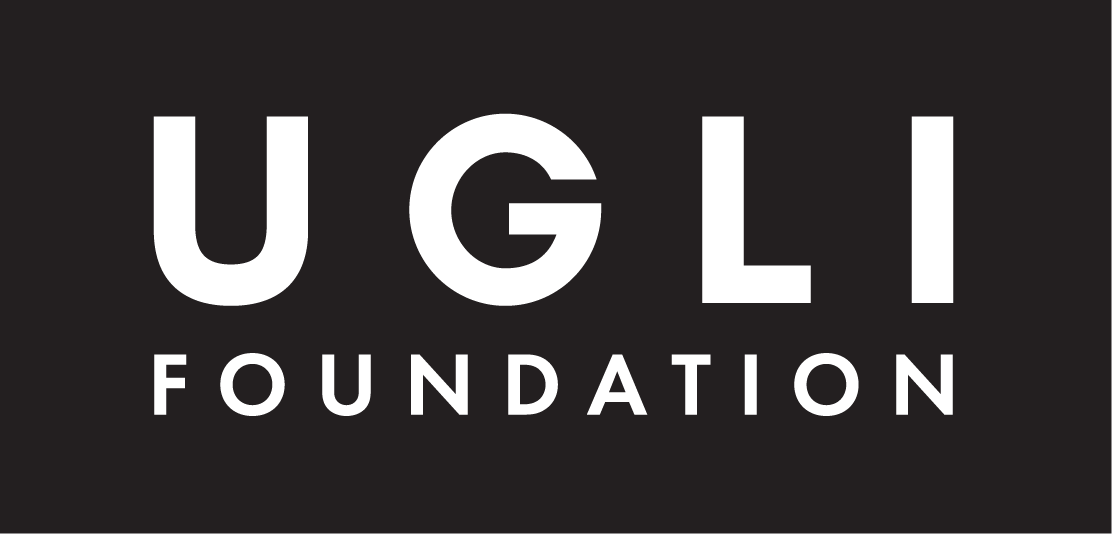UGLI Resources
Get help for yourself or someone you know
Immediate Support
The helplines located below provide free and confidential support from trained mental health professionals.
988 Suicide & Crisis Lifeline
CALL or TEXT 988
Crisis Text Line
Text SIGNS to 741741
Disaster Distress Helpline
CALL or TEXT 1-800-985-5990
Abuse / Assault / Violence
National Domestic Violence
Call 1-800-799-7233 | Text START to 88788
National Child Abuse Hotline
Call 1-800-422-4453 | Text 1-800-422-4453
National Sexual Assault
1-800-656-HOPE (4673)
National Children’s Advocacy Center
1-800-4ACHILD (800-422-4453)
Center for Child Protection (Austin-based)
512-472-1164
LGBTQ+
Trans Lifeline
1-877-565-8860
The Trevor Project
1-866-488-7386
School Safety
Anonymously report concerns about safety or potentially dangerous situations at school including drug abuse, talk of suicide, threats of violence, harassment and bullying.
Safe School Helpline
Call 1-800-418-6423 ext. 359 | Text TIPS to 66746
iWatchTexas (Texas only)
1-844-643-2251
Bullying
I’M BEING BULLIED
I’M BEING BULLIED ONLINE
This information is Texas-specific. Please check your state laws and policies on how to respond if you or someone you know is being bullied or cyberbullied.
Anti-bulling Laws
State Laws
All 50 states have anti-bullying laws but each state addresses bullying in schools differently. Here is a list of the most common components included in state laws, policies, and regulations.
You can look up your state’s laws HERE.
(Source: StopBullying.gov)
Federal Laws
No federal law directly addresses bullying, but in some cases, bullying overlaps with discriminatory harassment when it is based on race, national origin, color, sex (including sexual orientation and gender identity), age, disability, or religion. Federally-funded schools (including colleges and universities) have an obligation to resolve harassment on these bases.
When the situation is not adequately resolved, consider:
Filing a formal grievance with the school district
Contacting the U.S. Department of Education’s Office for Civil Rights
Contacting the U.S. Department of Justice’s Civil Rights Division
Sometimes behaviors can become criminal. For example, when a violent crime or threat to commit such crime is motivated by bias against a person or group with specific characteristics, then it is called a hate crime.
According to the U.S. Department of Justice, at the federal level, a hate crime is any crime motivated by bias against race, color, religion, national origin, sexual orientation, gender, gender identity, or disability.
Are there federal laws that apply to bullying?
At present, no federal law directly addresses bullying. However, the TAKE IT DOWN Act is a strong legislative step toward eliminating ruthless online bullying by prohibiting the nonconsensual online publication of intimate visual depictions of individuals, both authentic and computer-generated. It also requires certain platforms to promptly remove the depictions upon notice of their existence. Read more about the TAKE IT DOWN Act HERE.
In some cases, bullying overlaps with discriminatory harassment, which is covered under federal civil rights laws enforced by the U.S. Department of Education (ED) and the U.S. Department of Justice (DOJ). No matter what label is used (e.g., bullying, hazing, teasing), schools are obligated by these laws to address the conduct when it meets all three criteria below.
Unwelcome and objectively offensive, such as derogatory language, intimidation, threats, physical contact, or physical violence;
Creates a hostile environment at school. That is, it is sufficiently serious that it interferes with or limits a student’s ability to participate in or benefit from the services, activities, or opportunities offered by a school; and is
Based on a student’s race, color, national origin, sex, disability, or religion
Sex includes sexual orientation, gender identity, and intersex traits. Sex also includes sex-based stereotypes and sexual harassment.
National origin harassment can include harassment because a student speaks another language.
DOJ also has jurisdiction to enforce Title IV of the Civil Rights Act of 1964, which addresses certain equal protection violations based on religion in public schools. Title VI of the Civil Rights Act of 1964, enforced by both ED and DOJ, does not explicitly identify religion as a basis for prohibited discrimination. But religious-based harassment is often based on shared ancestry of ethnic characteristics, which is covered under Title VI.
(Source: StopBullying.gov)



